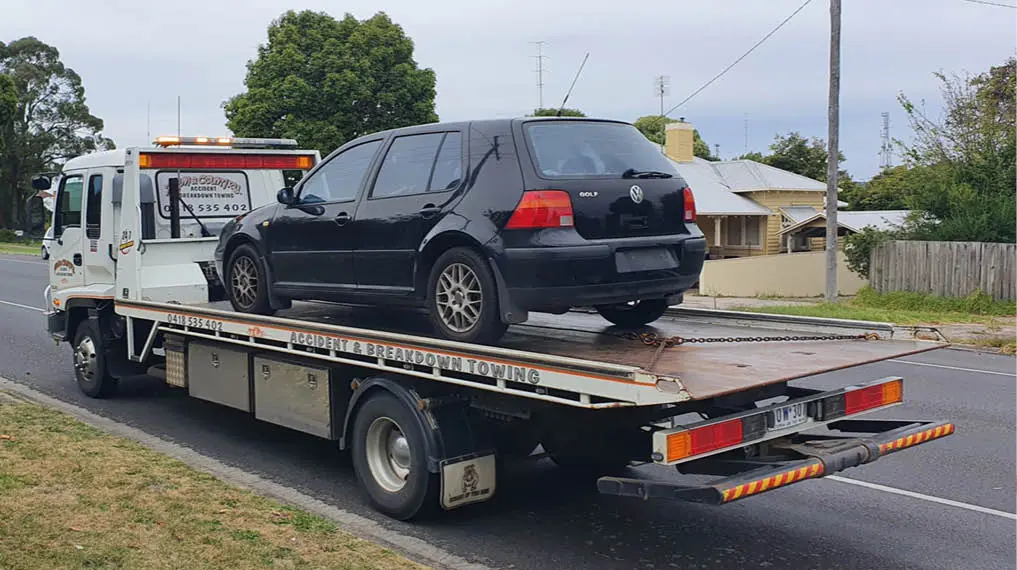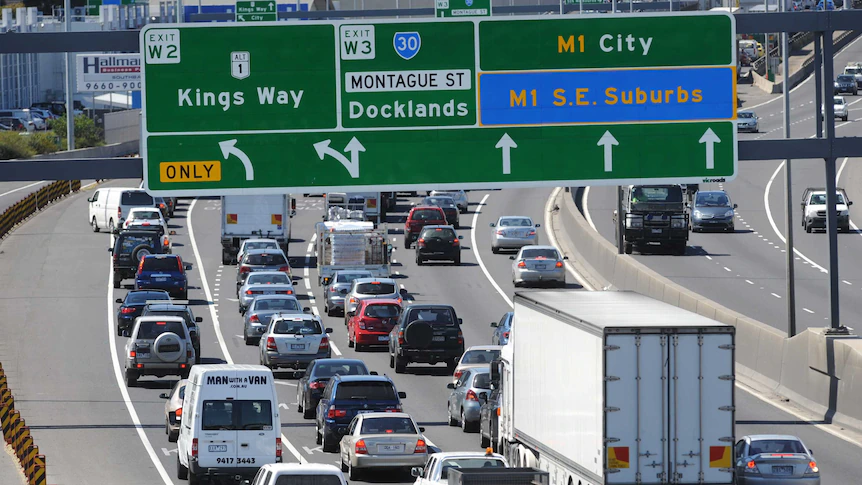1. Who can make a Will?
Anyone over the age of 18, and anyone under 18 who is married, can make a Will. Persons under 18 who are unmarried can make a Will with the approval of the Court.
2. What should I include in my Will?
You can include all the assets such as houses, cars, money and shares in your Will and it should give directions about how each of those assets should be distributed. You can include specific belongings such as jewellery, books, photos provided you make them easily identifiable. You can also include matters such as guardians for your children or wishes about your funeral arrangements.
3. What can’t you leave in a Will?
Some assets fall outside of the scope of the Will such as property owned as joint tenants, your superannuation or insurance fund assets that are held in family companies or trusts.
4. When should I make or update a Will?
You should update or renew your Will whenever a significant life event occurs. This could be when you get married or divorced, you have a child, you buy or sell property. You should also update your Will when a beneficiary or your executor dies.
5. What is Probate?
A Grant of Probate is an order from the Supreme Court of Victoria confirming the deceased’s Will is proven to be valid and is their last known Will. The Grant of Probate gives authority to the Executor of the estate to deal with the deceased’s assets. An application for Probate is made by the Executor to the Supreme Court of Victoria.
Alternatively, Letters of Administration may be required where the deceased did not leave a Will, or where the Executor cannot apply for a Grant of Probate.
6. What is the role of the executor?
The executor is generally responsible for managing the deceased’s estate. This may include obtaining the death certificate, locating the deceased’s Will, applying for a Grant of Probate of that Will, calling in their assets and distributing their estate in accordance with their Will. The executor’s role continues until the estate is fully administered and all assets have been distributed to the beneficiaries named in their Will.
7. How is a Will different from a Power of Attorney?
A Will is a document that outlines what happens to your estate when you die. A Power of Attorney is a legal document that covers the management of your affairs while you are alive. A Power of Attorney becomes invalid upon death.






